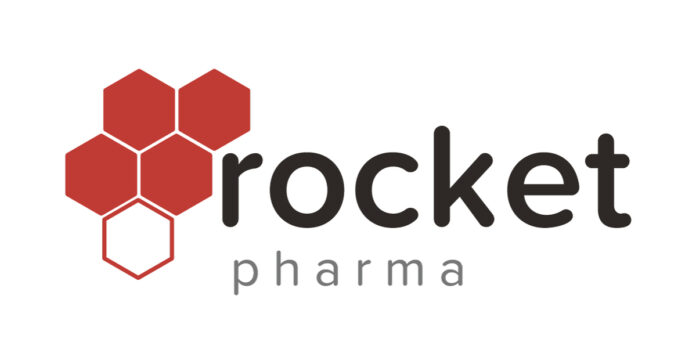CRANBURY, N.J.– Rocket Pharmaceuticals, Inc. (NASDAQ: RCKT), a fully integrated, late-stage biotechnology company advancing a sustainable pipeline of genetic therapies for rare disorders with high unmet needs, today announced a regulatory update for KRESLADI™ (marnetegragene autotemcel; marne-cel), a lentiviral (LV) vector-based gene therapy to treat severe leukocyte adhesion deficiency-I (LAD-I). The U.S. Food and Drug Administration (FDA) has issued a Complete Response Letter (CRL) in response to Rocket’s Biologics License Application for KRESLADI™ wherein the FDA requested limited additional Chemistry Manufacturing and Controls (CMC) information to complete its review.
Rocket met with FDA senior leaders from Center for Biologics Evaluation and Research (CBER) to align on the limited scope of additional CMC information needed to support the approval of KRESLADI™ as quickly as possible. “It is reassuring to have the FDA as a close collaborator who understands the high unmet medical need, clear clinical benefit and importance of timely patient access,” said Gaurav Shah, M.D., Chief Executive Officer, Rocket Pharma. “CBER leadership’s direct involvement and commitment to working expeditiously to deliver this therapy to patients gives us great hope on behalf of the primary immunodeficiency community.”
Positive top-line data from the global Phase 1/2 study of KRESLADI™ demonstrated 100% overall survival at 12 months post-infusion (and for the entire duration of follow-up) for all nine LAD-I patients with 18 to 42 months of available follow-up. Data also showed large decreases compared with pre-treatment history in the incidences of significant infections, combined with evidence of resolution of LAD-I-related skin lesions and restoration of wound repair capabilities. All primary and secondary endpoints were met, and KRESLADI™ was well tolerated in all patients with no treatment-related serious adverse events.
KRESLADI™ is an investigational gene therapy that contains autologous (patient-derived) hematopoietic stem cells that have been genetically modified with a lentiviral (LV) vector to deliver a functional copy of the ITGB2 gene, which encodes for the beta-2 integrin component CD18, a key protein that facilitates leukocyte adhesion and enables their extravasation from blood vessels to fight infection.
Rocket holds FDA Regenerative Medicine Advanced Therapy (RMAT), Rare Pediatric, and Fast Track designations in the U.S., PRIME and Advanced Therapy Medicinal Product (ATMP) designations in the EU, and Orphan Drug designations in both regions for the program. KRESLADI™ was in-licensed from the Centro de Investigaciones Energéticas, Medioambientales y Tecnológicas (CIEMAT), Centro de Investigación Biomédica en Red de Enfermedades Raras and Instituto de Investigación Sanitaria Fundación Jiménez Díaz. The lentiviral vector was developed in a collaboration between University College London and CIEMAT.
Severe Leukocyte Adhesion Deficiency-I (LAD-I) is a rare, autosomal recessive pediatric disease caused by mutations in the ITGB2 gene encoding for the beta-2 integrin component CD18. CD18 is a key protein that facilitates leukocyte adhesion and extravasation from blood vessels to combat infections. As a result, children with severe LAD-I are often affected immediately after birth. During infancy, they suffer from recurrent life-threatening bacterial and fungal infections that respond poorly to antibiotics and require frequent hospitalizations. Children who survive infancy experience recurrent severe infections including pneumonia, gingival ulcers, necrotic skin ulcers, and septicemia. Without a successful bone marrow transplant, survival beyond childhood is rare. LAD-I is estimated to impact an estimated 800 to 1,000 individuals in the U.S. and Europe. Currently the only potential curative treatment is an allogeneic hematopoietic stem cell transplant, which may not be available in time for these children and itself has substantial morbidity and mortality. There is a high unmet medical need for patients with severe LAD-I. Rocket’s LAD-I research is made possible by a grant from the California Institute for Regenerative Medicine (Grant Number CLIN2-11480). The contents of this press release are solely the responsibility of Rocket and do not necessarily represent the official views of CIRM or any other agency of the State of California.






